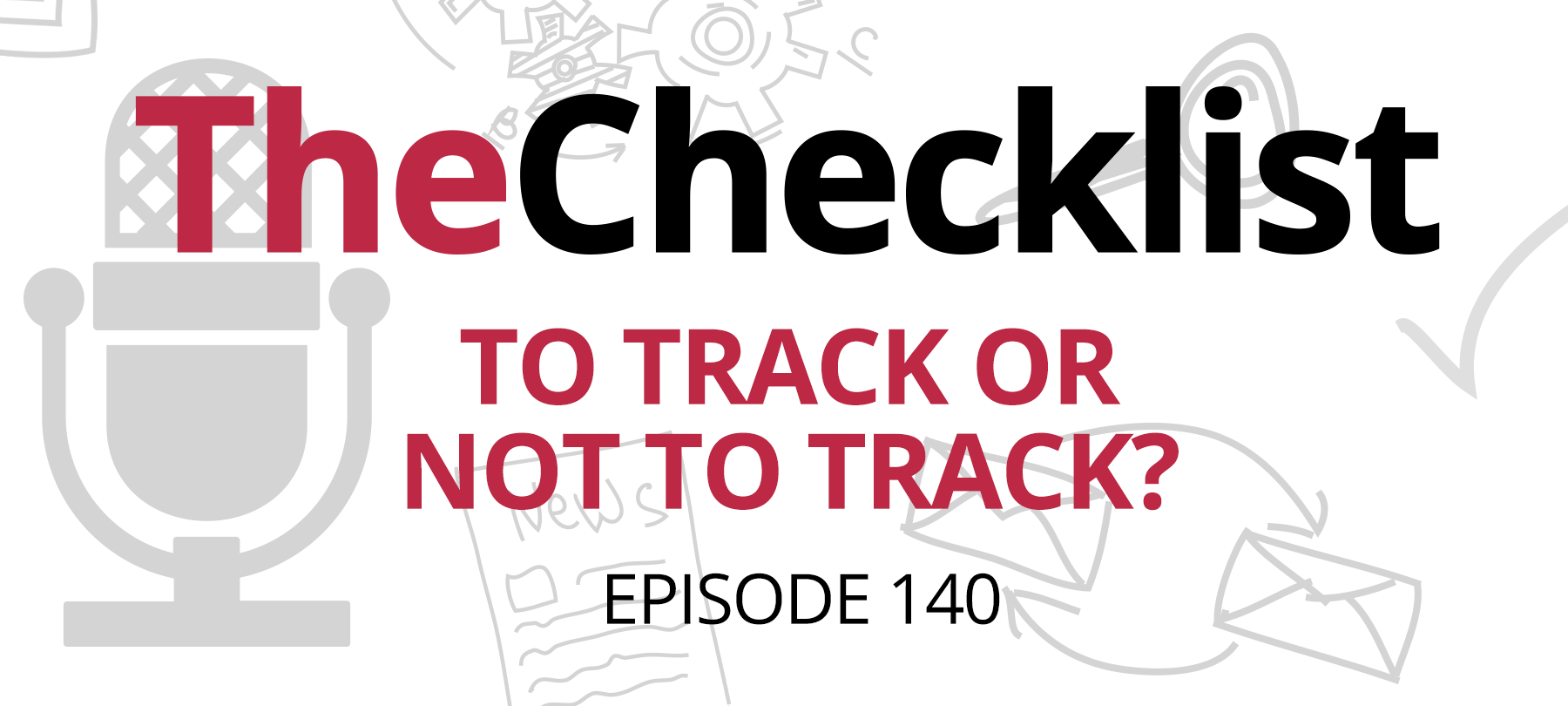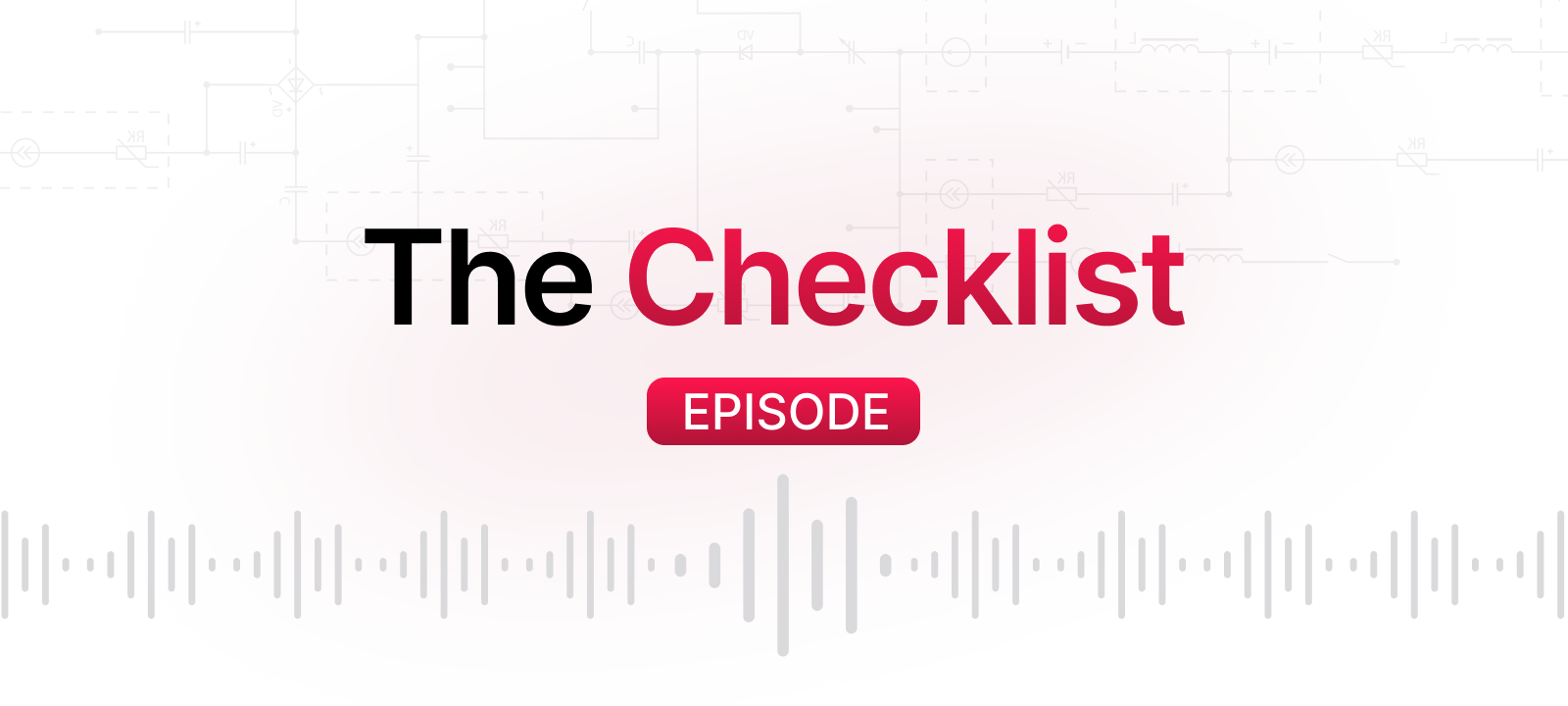
AI on the Fast Track: The Race for Power and Profit Beyond Human Grasp
The rapid advancement of artificial intelligence (AI) has been nothing short of astonishing. It is weaving itself into the fabric of our daily lives, influencing everything from the way we communicate to the methods we use for commerce. Yet, as we marvel at AI’s capabilities, an unsettling truth is emerging: AI is moving faster than humans can truly comprehend. This rapid development is being harnessed as a powerful weapon for both power and profit, raising serious concerns about the security of our accounts, money, investments, and even our personal safety.
The Rise of Automated AI Constructs
One of the most striking examples of AI’s unchecked growth is the rise of automated, faceless AI constructs that are proliferating on platforms like YouTube. These AI-generated ads and tutorials are not created by human hands but by sophisticated algorithms designed to generate content at scale. This phenomenon is not just a curiosity; it’s a business model. One individual, leveraging AI, can run an entire fleet of monetized channels, churning out video after video with minimal human intervention.
This raises several questions about the quality and integrity of the information being disseminated. If AI can create content that appears human-made, how can we trust the sources of the information we consume? More importantly, who is accountable when the content is misleading or harmful?
The Efficiency of AI in VoIP and Robocalling
The capabilities of AI extend far beyond content creation. In the realm of communication, AI-driven systems are generating Voice over Internet Protocol (VoIP) and robocalls with unprecedented efficiency. These AI systems can text, voice, and call at a scale that was previously unimaginable. During an election year, the implications are particularly alarming. The potential for AI to be used in spreading misinformation, influencing voter behavior, and manipulating public opinion is a clear and present danger.
Moreover, these AI-driven communication systems are becoming increasingly sophisticated, making it harder for recipients to distinguish between human and machine interactions. This blurring of lines between human and AI communication can erode trust and open the door to various forms of exploitation and manipulation.
The Security Implications
The rapid proliferation of AI technologies presents significant security challenges. Our accounts, money, investments, and personal information are all at risk. AI can be weaponized to execute sophisticated cyber-attacks, automate phishing schemes, and exploit vulnerabilities in financial systems. The potential for AI to be used in financial crimes is immense, and the consequences can be devastating.
For instance, AI-driven algorithms can analyze vast amounts of data to identify patterns and predict market movements, giving unscrupulous actors an unfair advantage in trading. Additionally, AI can be used to create deepfakes and other forms of digital deception, posing threats to individuals’ reputations and privacy.
Embrace AI’s Power with a Critical Eye
Despite these concerns, it is essential to recognize that AI is not inherently malevolent. The technology itself is neutral; it is how we choose to use it that determines its impact. Therefore, it is crucial to embrace AI’s power with a critical eye, balancing innovation with caution and ethical considerations.
Education and Awareness
First and foremost, we must educate ourselves and others about the capabilities and limitations of AI. Awareness is the first line of defense against the misuse of technology. By understanding how AI works and its potential risks, we can make informed decisions about how we interact with AI-driven systems.
Regulatory Oversight
Governments and regulatory bodies must step up to the challenge of overseeing AI development and deployment. Comprehensive regulations are needed to ensure that AI is used responsibly and ethically. This includes establishing clear guidelines for AI-generated content, enforcing transparency in AI-driven communications, and implementing robust security measures to protect against AI-enabled cyber threats.
Ethical AI Development
The tech industry has a crucial role to play in shaping the future of AI. Companies developing AI technologies must prioritize ethical considerations and take proactive steps to mitigate potential harm. This includes conducting thorough testing and validation of AI systems, ensuring accountability and transparency in AI operations, and promoting the development of AI that aligns with human values and societal goals.
Collaboration and Advocacy
Finally, addressing the challenges posed by AI requires collaboration and advocacy. Stakeholders from various sectors—including technology, government, academia, and civil society—must work together to develop and implement solutions. Advocacy groups can play a vital role in raising awareness, advocating for responsible AI policies, and holding entities accountable for misuse.
AI’s rapid advancement holds immense potential for innovation and progress. However, it also presents significant risks that cannot be ignored. As AI continues to evolve at a pace that outstrips our ability to fully comprehend its implications, we must embrace its power with a critical eye.
By prioritizing education, regulatory oversight, ethical development, and collaboration, we can harness AI’s potential for good while safeguarding against its potential for harm. Only through a balanced approach can we ensure that AI serves as a tool for empowerment rather than a weapon for power, profit, and exploitation of the vulnerable masses.


